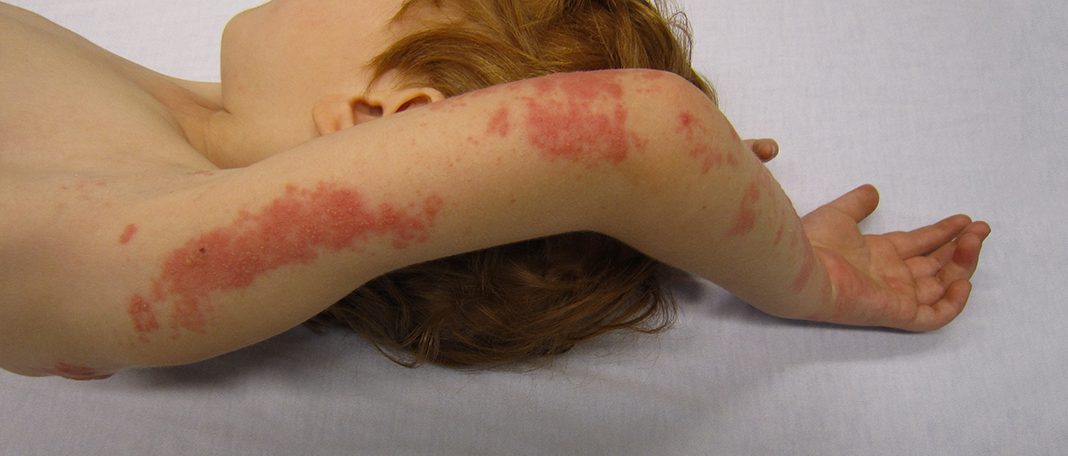Shingles can occur in individuals who have had chickenpox. Find out if the chickenpox vaccine is enough to prevent the disease and other important facts about the disease now.
What Causes Shingles Disease?
The reactivation of the varicella-zoster virus that had once caused chickenpox is responsible for causing shingles or herpes zoster. Research says that the chickenpox virus remains inactive in the host’s spine even after treatment and can lead to shingles in old age.
The probability of being affected by Shingles is high in:
- Individuals with low immunity and who have been affected by chickenpox.
- People above the age of 60.
- Individuals who have undergone bone marrow or organ transplants.
- HIV/AIDS and chemotherapy patients.
Shingles Symptoms
Shingles can cause blisters and rashes that are painful and itchy similar to chickenpox. The only difference between the both is, chickenpox boils appear spaciously spread throughout the body while shingles appear in clusters throughout the body, especially on one side of the torso, limbs, and face.
Apart from the usual symptoms listed above, Shingles can also numb the affected area, cause a burning/stabbing sensation, sensitivity to light/touch alongside a fever or headache.
Is Shingles Contagious?
No, shingles is not an airborne or water-borne disease but the following individuals can be affected if they were to get in contact with the blister fluid from the affected:
- Unvaccinated individuals can get chickenpox from a shingles infection.
- People who have had chickenpox can get shingles.
Thus, it is recommended to keep these blisters wrapped in a breathable fabric.
Is Shingles Life-Threatening?
No, shingles is not life-threatening. However, a few people with the disease may face certain complications like prolonged nerve pain (post-herpetic neuralgia) and temporary or permanent vision loss.
Treatment for Shingles
There is no treatment for chickenpox or Shingles at present. Yet, it is important to get shingles checked out within 3 days of developing the disease to get treatment to prevent the affected individual from further complications and permanent scarring.
Doctors can usually spot shingles or may resort to testing the blister fluid for the herpes zoster virus and may suggest antibiotics to prevent any irreversible damages. The disease can last anywhere from 3-5 weeks.
Untreated shingles can lead to:
- Pneumonia
- Encephalitis
- Stroke
- Bacterial Infections
Can Vaccination Help?
Yes, the national immunization program provides free vaccination drives for individuals who are above the age of 70.
The key takeaway is that:
- Shingles disease can be acquired by people who have had chicken.
- It is ideal to treat it within 24 hours of appearance.
- It is not a life-threatening disease.


















